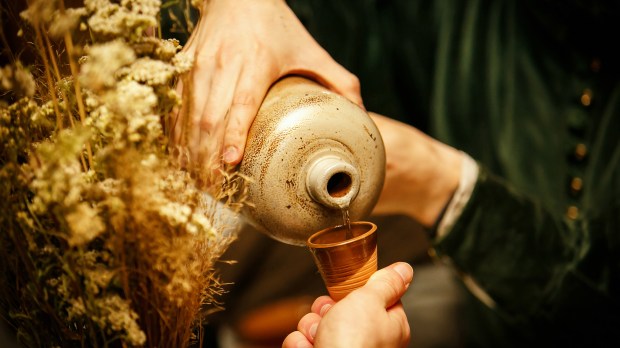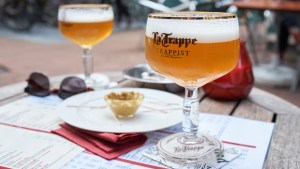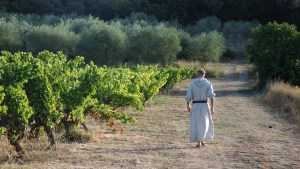Lenten Campaign 2025
This content is free of charge, as are all our articles.
Support us with a donation that is tax-deductible and enable us to continue to reach millions of readers.
People in the Middle Ages didn’t choose what wine to drink by looking at a label. Sure, they would check its color, its smell and taste. But, more importantly, the choice was often based on what was the healthiest drink for them.
Medievalists.net explains that “determining what type of wine to drink in the Middle Ages seems to have been a very complex decision,” and refers to Allen Grieco’s article Medieval and Renaissance Wines: Taste, Dietary Theory, and How the Choose the “Right” Wine to explain that “while the modern wine drinker will place a great deal of importance on where a wine was produced, this did not matter very much for his medieval counterpart.”
Grieco, a food studies scholar from Harvard University, explains that “medieval scientific thought and personal health were considered to be very important in determining what type of wine to drink.”
Medieval medicine, heavily based on classic Greek and Roman thought, understood all things, including our bodies, as made up of four qualities or “humors”: hot, cold, dry and wet. To maintain good health, doctors advised that one’s meals and drinks had to balance those levels in your body. Grieco’s article reads:
In the summer, for example, a season of warm and dry weather, the right kind of food and drink was meant to be humorally ‘cold,’ thus allowing the human body to become as ‘temperate’ as possible, for a median humoral constitution was the ideal. Inversely, for old people, who were considered to be naturally ‘cold,’ it was suggested that they should be consuming humorally ‘hot’ foods and drinks so as to correct their ‘cold’ constitution.
As summarized by Medievalists.net, “It was generally recommended that the sweeter wines should be drunk only in small quantities and for special occasions, such as wedding feasts. If one drank too much of that kind of wine, it could lead to an overheating of the body, which could damage you physically as well as morally.”
However, this does not mean people did not drink water. It is true that, as explained by Peter Konieczny, even if availability and quality of drinking water varied depending on various factors such as location, social class, and access to resources, water was still the most common beverage consumed by people of all social classes during the Middle Ages. It was readily available from various sources such as wells, springs, rivers, and rainwater. In urban areas, people often obtained water from communal wells located throughout the city. In rural areas, people relied on natural sources like streams and rivers instead.
Moreover, as Konieczny rightly puts it, “Medieval religious texts also mention drinking water. Some hagiographic accounts relate how saints abstained from alcoholic beverages and drank water instead. Some of the more austere monastic communities also advocated relying on water.”



